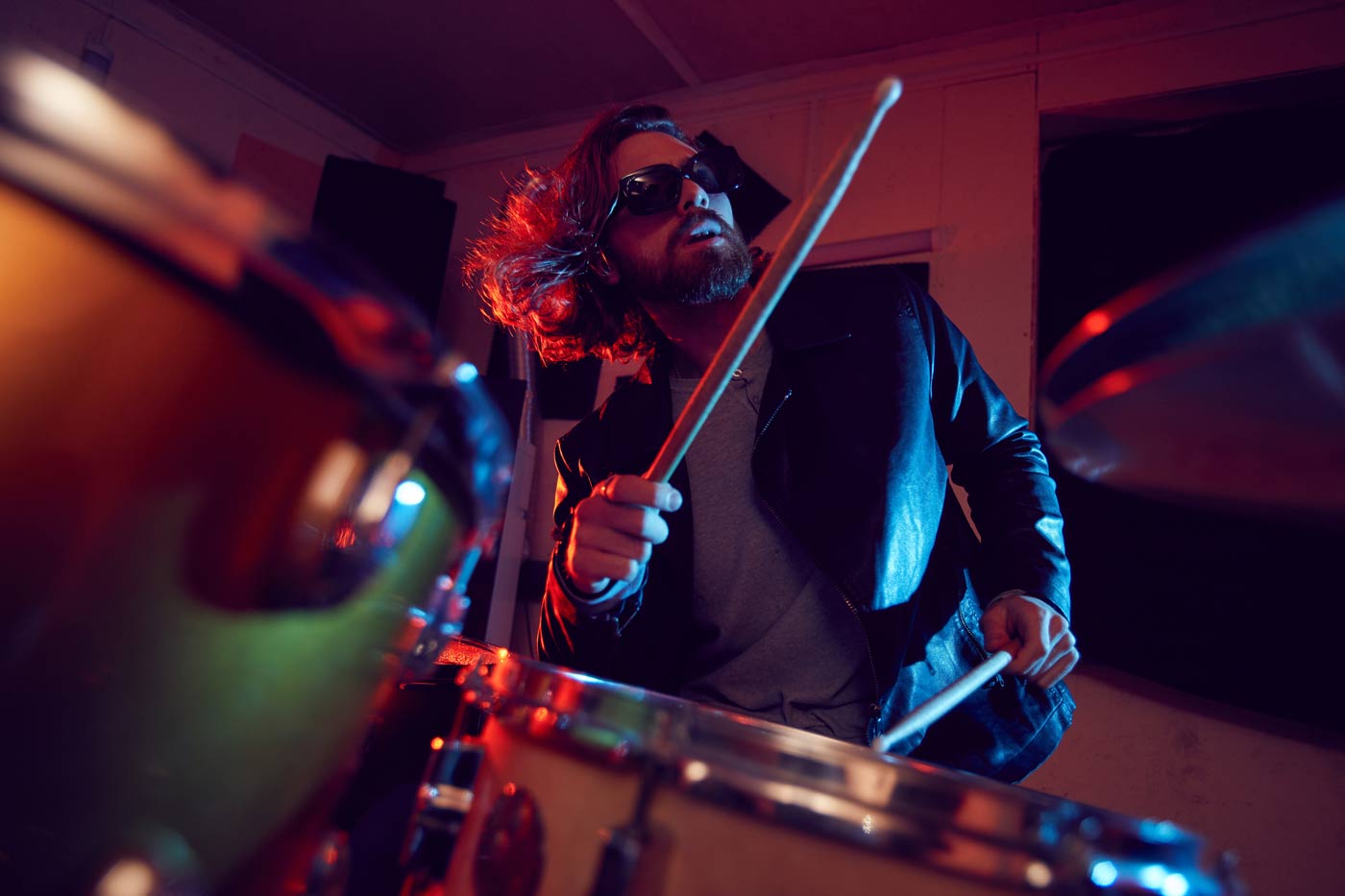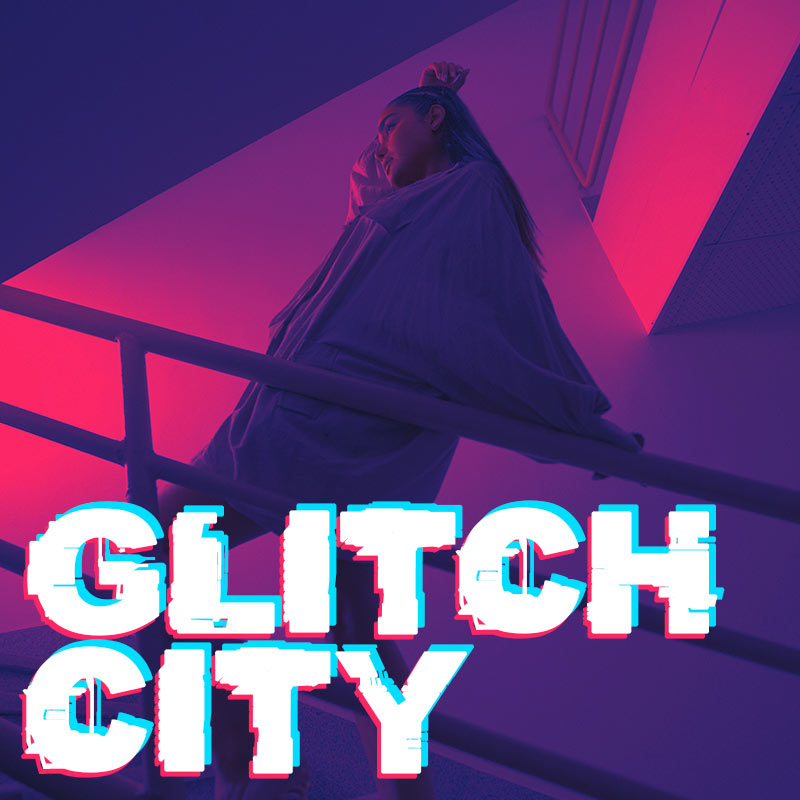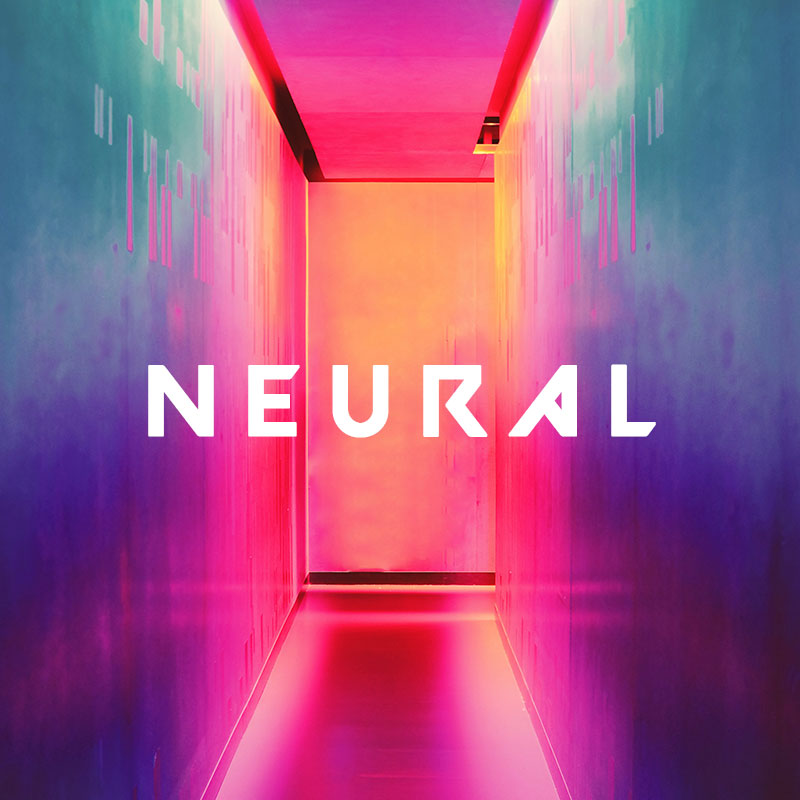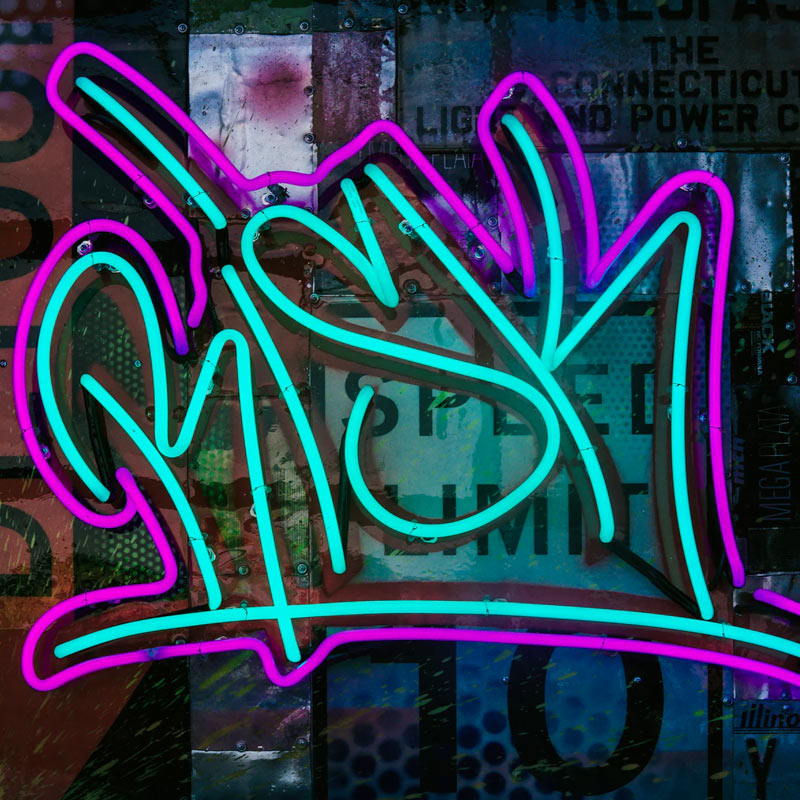How to Listen to Ambient Music

Many years ago, I had a college friend who was an evangelizing devotee of the abstract painter Marc Rothko. I remember her gushing over a catalog of Rothko’s work, while I was thinking that I must be aesthetically challenged; I just didn’t «get» it. After all, most of the paintings were nothing but large rectangles of color, with slight irregularities and a contrasting border or stripe. All of the familiar reference points of line and shape, perspective and shadow, were gone.
I could appreciate them as «design,» but not as «art.» While they were pleasing enough, I couldn’t see why anyone would rhapsodize over these abstractions… until I first saw them for myself in person–a completely different experience! When I encountered them at the Museum of Modern Art, they literally stopped me in my tracks, subverting conscious thought and plunging me immediately into an altered state.
They were not just flat canvases on a wall, but seemed more like living things, pulsing and throbbing in resonance to a wavelength that had a fundamental connection to the Source of things. I was stunned. They didn’t «express» a feeling–they were more like feelings themselves, and they seemed like nothing personal to me, or Rothko, or anyone. When I later looked at the reproductions Rothko’s works in books, they reverted to flat swatches of color. There was a recollection, but no recreation of my experience. This was an experience that depended on the presence of the original artifact (art: a fact).


























